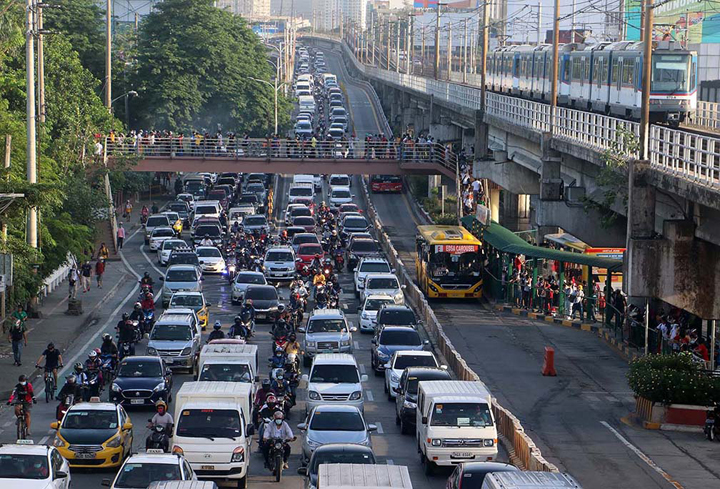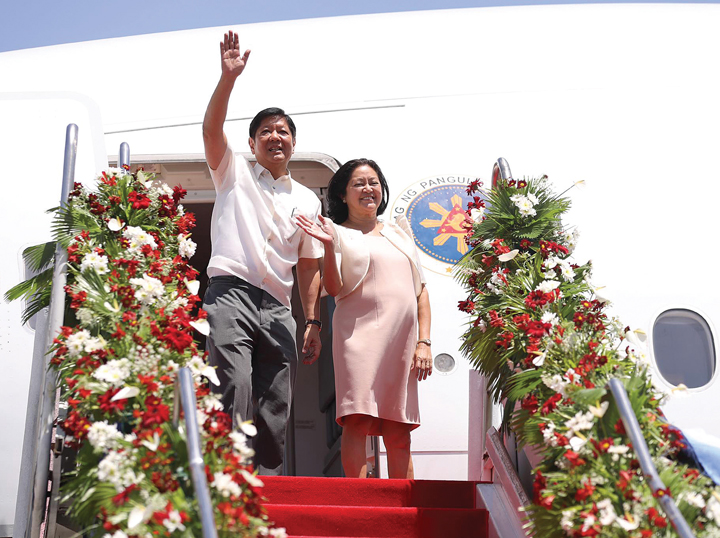THE members of the Joint Foreign Chambers (JFC) urged Congress to fast-track the ratification of the reconciled versions of the Bicameral Conference Committee of Senate Bill No. 1077 and House Bill No. 9030, proposing the creation of a Philippine Transportation Safety Board (PTSB).
“This important reform bill creating the PTSB is ready for immediate passage. With the bicameral conference committee of both chambers having been convened, the JFC eagerly awaits the ratification of the reconciled version. Once ratified by both houses the bill can finally be endorsed for enactment by the president,” stated in a letter by JFC addressed to the two chambers of Congress
Similarly, the Safe Travel Alliance, International Air Transport Association (IATA), and Air Carriers Association of the Philippines joined the call for the establishment of PTSB.
For over two decades, the PTSB bill sat in Congress. But in the current 18th Congress, this bill was propelled to the advanced stage in both chambers.
“The proposed law seeks the creation of a non-regulatory and independent agency attached to the Office of the President, to be the primary agency responsible for the conduct of impartial investigation on transportation-related accidents and incidents,” the JFC said in a statement on Thursday.
The main objectives of the Board are: (a) to improve transportation safety measures that will help in the prevention of transportation accidents and mitigation of dangers to human lives and property; and (b) to ensure the implementation of transportation safety standards.
Currently, different agencies handle different sectors of transportation with regard to accident investigations: the Civil Aviation Authority of the Philippines (CAAP) has authority over aviation disasters while the Maritime Industry Authority has authority to investigate major maritime disasters. In relation to road accidents involving public utility vehicles, the Land Transportation Franchising and Regulatory Board (LTFRB) has jurisdiction.
However, road accidents may also be investigated by the Philippine National Police (PNP), Land Transportation Office (LTO), and Metro Manila Development Authority (MMDA).
As a country that is generally dependent on intermodal transportation systems to facilitate the movement of goods, cargo, and people to, from, and within its archipelago, institutional reforms to enhance the standards of transportation safety measures, prevent transportation accidents in the future, and lessen dangers to human lives and property is mostly needed.
With the establishment of the PTSB, the gap in the bureaucracy which allegedly contributes to inefficiency in the implementation of transportation-safety schemes and ineffectual safety-measures will be addressed.
PTSB’s regulatory, investigatory, and fact-finding functions will enable the agency to implement a proactive approach and be in control of the situation even before it happens.
As an independent and impartial transport safety body, PTSB is tasked to coordinate all the actions of relevant public and private entities toward the common goal of ensuring transport safety.
Once enacted, the new PTSB can kick-start its programs to prevent the major transportation accidents causing the lives of too many Filipinos.
The JFC is a coalition of the American, Australian-New Zealand, Canadian, European, Japanese, Korean chambers and PAMURI.
The joint foreign chambers represent over 3,000 member companies engaged in around $100 billion worth of trade and some $30 billion worth of investments in the Philippines.
The JFC supports and promotes open international trade, increased foreign investment, and improved conditions for business to benefit both the Philippines and the countries the JFC members represent.





































